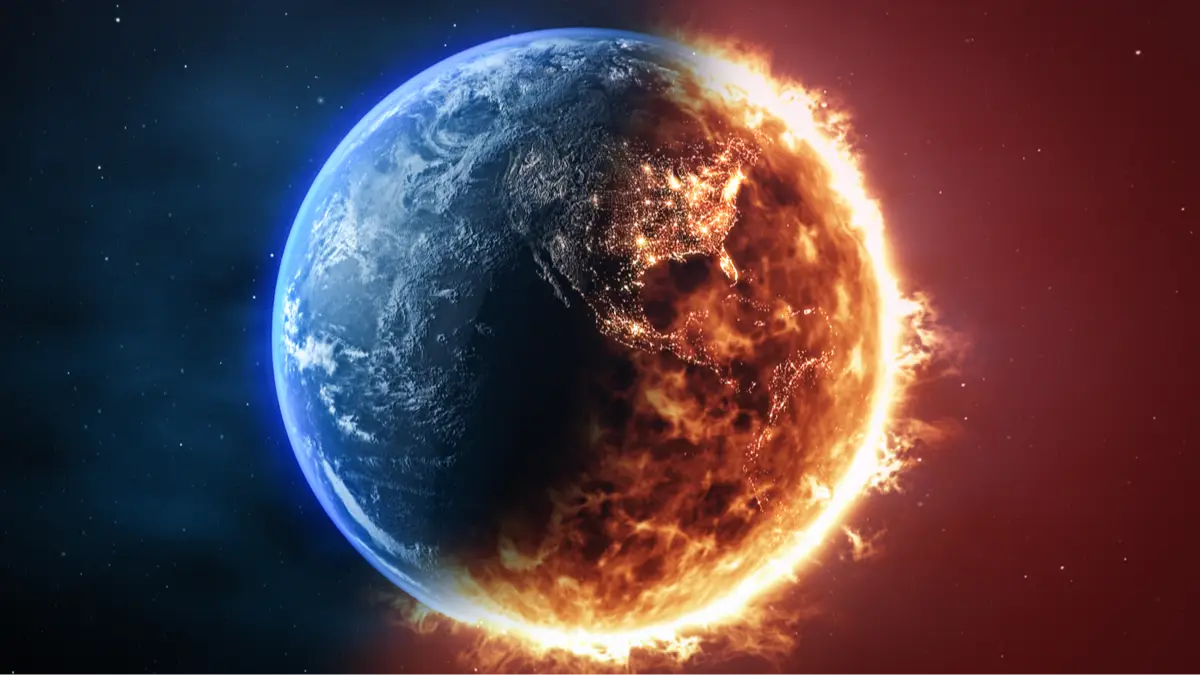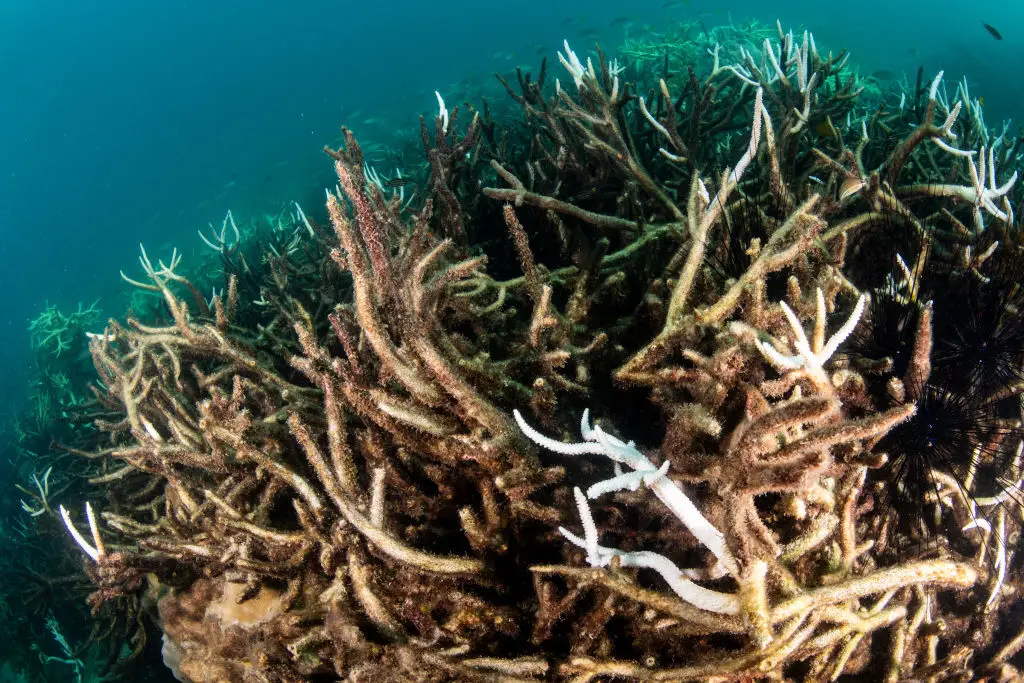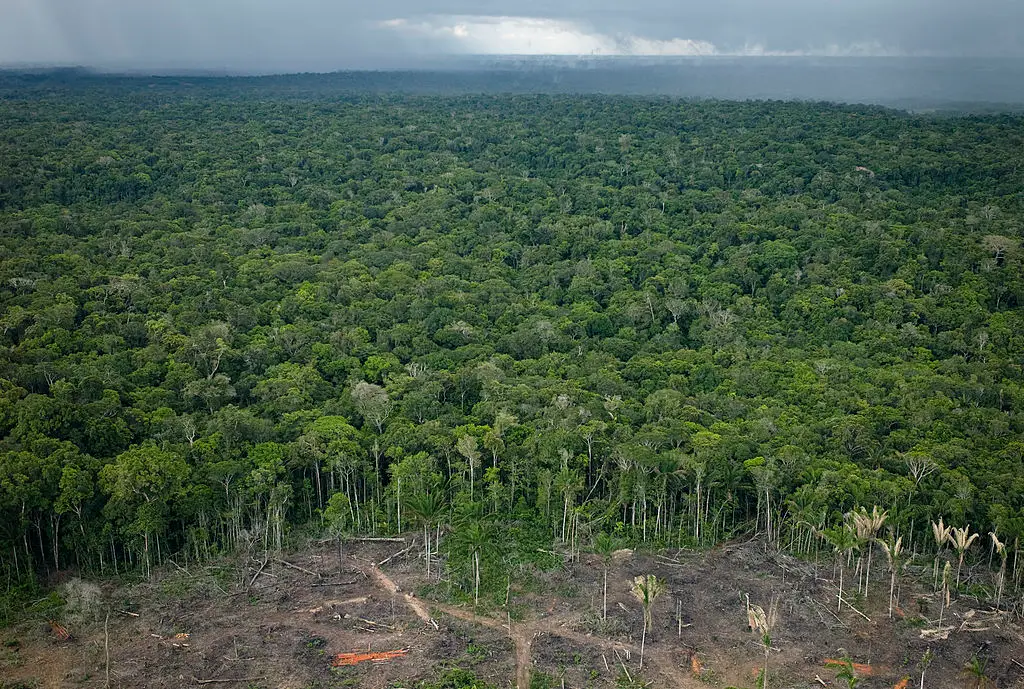
The planet just crossed a terrifying milestone, and scientists say it could be the first domino to fall in a chain of irreversible disasters.
According to CNN, a massive new report published on Sunday (October 12), just weeks before COP30 in Brazil, by more than 160 scientists worldwide, has warned that Earth has already reached its first climate tipping point: the death of coral reefs.
As oceans hit record temperatures, the once colorful reefs that support life across the seas are collapsing into lifeless white graveyards.
“We are rapidly approaching multiple Earth system tipping points that could transform our world, with devastating consequences for people and nature,” said Professor Tim Lenton of the Global Systems Institute at the University of Exeter, one of the report’s authors.
Advert
The report estimates that warm coral reefs will be the first to go. Since 2023, more than 80 percent of reefs have been hit by the most severe bleaching event ever recorded.

It also mentions how reefs in the Caribbean are brink 'towards collapse' as a result of marine heatwaves, low diversity, and diseases.
“We have now pushed [coral reefs] beyond what they can cope with,” said Mike Barrett, chief scientific advisor at WWF UK. Without a rapid reversal of global warming, 'extensive reefs as we know them will be lost'.
That loss would ripple far beyond the oceans, as coral reefs feed millions of people, protect coastlines, and fuel global economies worth trillions.
And that’s just one piece of the puzzle. The report said the world is closing in on several other major tipping points, from the collapse of the Amazon rainforest to the breakdown of polar ice sheets.
One of the most alarming is the potential failure of the Atlantic Meridional Overturning Circulation, or AMOC, the ocean current system that regulates weather patterns worldwide. Its collapse could trigger deep freezes in some regions, extreme heat in others, and major shifts in monsoon rains.
“There is now a risk that collapse could occur within the lifetime of people born and living on the planet today,” Barrett said.

Dr. Manjana Milkoreit of the University of Oslo also said governments are not ready for what’s coming, as current climate policies were built for 'gradual changes, not for these kinds of abrupt, irreversible and interconnected shifts'.
Still, the report pointed to a few hopeful signs, as solar power, electric vehicles, and battery technology are expanding faster than ever.
Lenton said the world will pass 1.5 degrees of warming but urged leaders to act fast to pull temperatures back down.
And other experts have expressed optimism about the future of the corals, as Dr Tracy Ainsworth, the vice-president of the International Coral Reef Society, told The Guardian that reef ecosystems were changing, with the new aim to be understanding how 'all of these different ecosystems are reorganising and how we can ensure they continue to support diverse marine life and communities'.
The Australian Institute of Marine Science also said that interpretations of global figures 'should be taken with care' as they mask regional variability, and that global temperatures were unlikely to decline enough to indicate a 'narrow window of opportunity to act'.
Nevertheless, Barrett says if measures aren't taken now, then 'we would be looking at a truly catastrophic outcome for all humanity'.
Topics: Earth, Climate Change, Environment